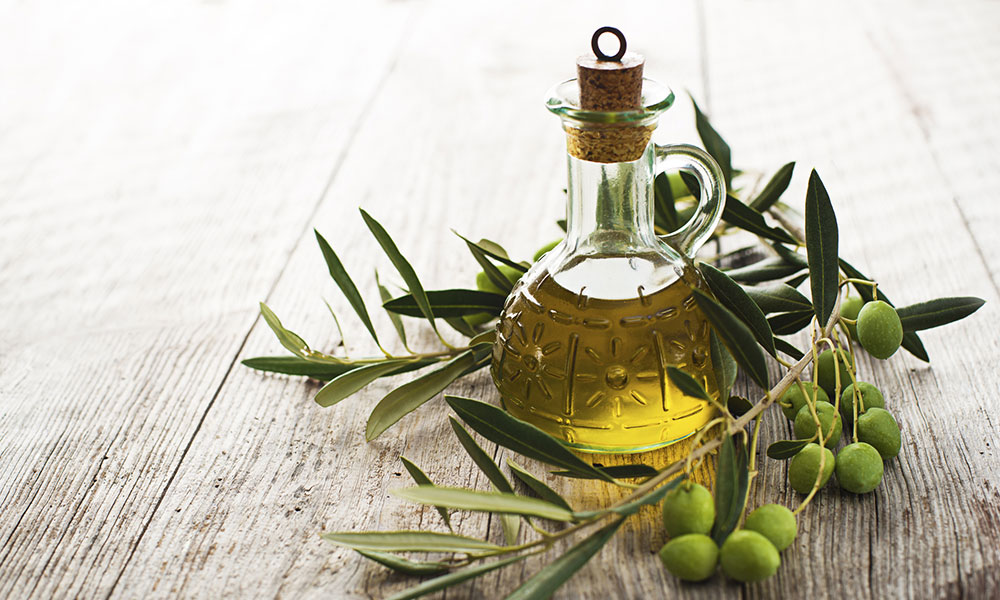
Olive Oil Groups Dispute Standard Setting
A U.S. industry group representing olive oil importers is hoping to boost Americans’ knowledge of olive oil. Part of the effort includes a push for more uniform quality ratings in response to new standards in California that would set the Golden State’s oil apart from imported versions.
Did you know that, unlike wine, olive oil does not get better with age? Or that light olive oil is actually not lower in calories than other variations, such as extra virgin?
According to a new study from the North American Olive Oil Association, only a quarter of Americans report they are very knowledgeable about these and other olive oil facts. NAOOA is hoping to change that and clear up confusion about olive oil by sharing health information as well as tips, such as where and how to store olive oil, with nutrition and food experts who can then inform the public.
“There remains a lot of work to be done to help make olive oil a mainstay in kitchens across the United States,” Eryn Balch, NAOOA executive vice president, said in a statement. “The nation’s top food and nutrition experts have embraced the health messages about olive oil already. Now we hope they’ll be a key part of addressing consumer confusion, debunking myths, and fostering a better understanding of olive oil’s taste, versatility, and well-documented health benefits.”
One area of confusion NAOOA wants to clear up is the issue of olive oil standards and ratings, particularly after the California Department of Food and Agriculture approved a proposal, submitted by the Olive Oil Commission of California, for a grading system for oil produced by many of the Golden State’s olive growers and millers.
The standards, which took effect in late September but have yet to be implemented, redefine some of the terms used to describe different olive oil products, according to The Los Angeles Times. For example, rather than using labels such as “light” or “pure” for oil that has been refined or second-pressed, California producers would be required to use labels that indicate the oil is refined.
But most of the olive oil produced in California doesn’t fall into those categories and instead is of the extra-virgin grade. Importers, such as those represented by NAOOA, say the proposed standards could disrupt imports.
“The importers know that if we establish ourselves as the premier, authentic producers of olive oil, we’ll cut into their business over time,” olive grower Jeff Colombini of Lodi Farming in Stockton, California, told the Times. “They’re running scared.”
The dispute illustrates the growing prominence of the California olive oil industry. While most of the 293,000 metric tons of olive oil consumed in the U.S. last year came from European brands, many of which have been dealing with bad press regarding the purity of their products, California producers have helped increase U.S. production of the oil 10-fold since 2007, the Times reported.
Meanwhile, calling the California standards “manipulative and confrontational” in a letter to CFDA, NAOOA is pushing for universal quality ratings.
“The NAOOA has long been leading the charge for uniform and scientifically sound olive oil testing to benefit all producers and assure consumers of authentic, quality olive oil,” the group said in a statement.
This isn’t the first time NAOOA has taken up the quality issue. Last year, after discovering that a major olive oil producer was using subpar ingredients in its products, while labeling them as “extra virgin olive oil” and “100% pure olive oil,” NAOOA sued in an effort to protect the reputations of its member companies.
(iStock/Thinkstock)






Comments